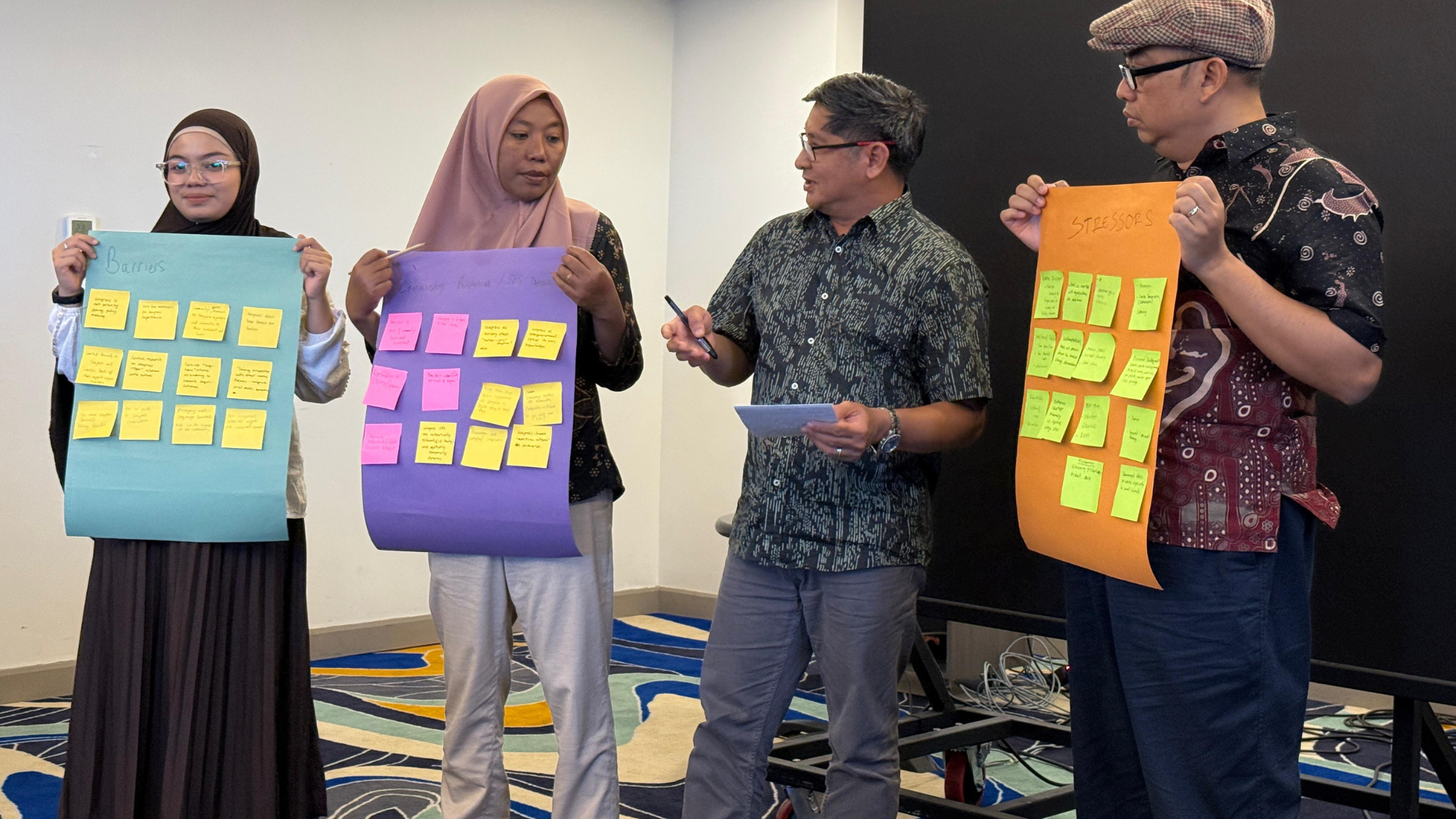This summer, teams came together in Makassar, Indonesia, for the Seagrass Knowledge for Action in Southeast Asia workshop to explore pathways forward for strengthening knowledge, building research capacity, and development to further safeguard local seagrass social-ecological systems. Co-hosted by Universitas Hasanuddin (UNHAS) and Project Seagrass, the workshop involved teams from across Indonesia and the Philippines including Forkani, Yapeka, and C3 (Philippines) who joined forces to discuss highlights, setbacks and future dreams for seagrass conservation, protection and restoration in their local contexts and more broadly within the region. The workshop provided an opportunity to discuss our plans for future collaborative work in Southeast Asia, building upon work undertaken through the Seagrass Ecosystem Services project. Partners discussed pervasive threats to seagrass within each of their local study regions and explored the numerous commonalities between their organisation’s locations. In addition to threats, the limitations that prevent partners from addressing these threats and undertaking social-ecological research were identified. A diverse and numerous array of research and capacity building barriers were discussed which were associated with governance, social, ecological, socio-cultural, cultural, spiritual, logistical, and funding limitations. Though nuanced, and taking different forms for each organisation, the identification of these barriers provides essential context for helping to develop research and build local capacity in partner organisations. Each partner discussed their research priorities which concerned many dimensions of seagrass social-ecological systems and the just protection and conservation of seagrass meadows for food security, poverty alleviation, cultural importance, and local livelihood support. Through these conversations, partners explored the spaces within these research priorities that require conservation actions, what these actions may well be, and what support may be required to bring these priorities to reality. Following these in-depth discussions partners also worked on shaping a paper focusing on persistent threats and urgent calls to action to reduce these threats. From 2026, Project Seagrass’ international strategy will also include grant giving, which has been co-conceptualised and developed with local NGO’s, and has been evidenced by others.



